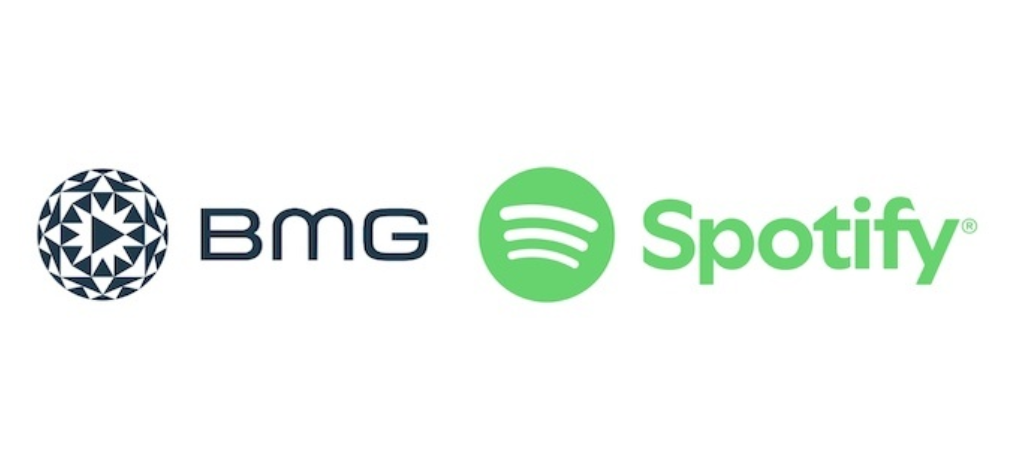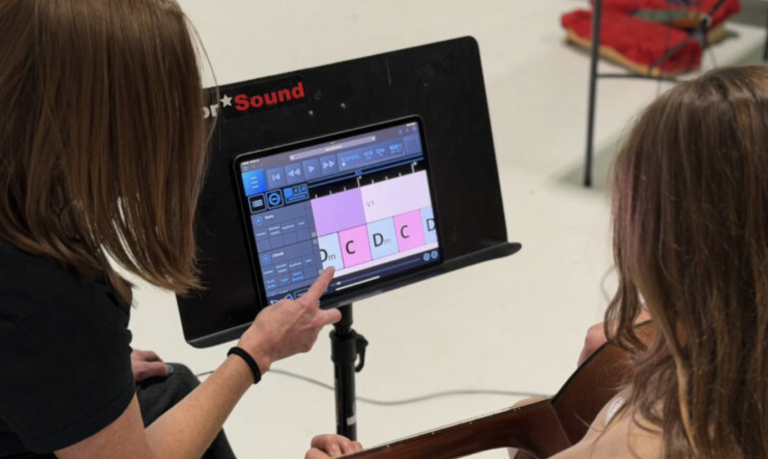
Credit: Music Week
This agreement moves away from older, more layered licensing systems to establish a more streamlined relationship. As Spotify Co-President & Chief Business Officer, Alex Norström, stated, “We believe the future of music depends on stronger collaboration across the industry.” The shared interest of both companies is explicit: ensuring BMG songwriters “share more directly in the value created by their work” and benefit more directly in the growth of streaming platforms. Essentially, it’s a practical step toward a more flexible and progressive licensing model that better serves both publishers and the artists they represent.
The groundwork for this deal was laid late in 2023 when BMG announced its strategic decision to take direct control of its digital business. This context is crucial, as the deal with Spotify is a direct extension of that mission. For BMG CEO Thomas Coesfeld, this partnership helps “reinforce our mission to ensure songwriters are fairly represented and rewarded for their work.” Furthermore, BMG publicly applauded Spotify’s progressive approach, particularly their support for developing new AI protections. While both companies acknowledge the potential for AI to “enhance human creativity,” BMG emphasizes that their policies—and this new licensing model—help ensure that fair remuneration and the protection of artists’ works “remain non-negotiable.”
Ultimately, this partnership between Spotify and BMG in the US market signals a significant effort to modernize how music is licensed in the digital age. By fostering a direct relationship and establishing a flexible, progressive model, they are setting a precedent for a system that is more transparent and, most importantly, centered on fairly rewarding the creators behind the music we all enjoy. This kind of collaboration is a major win for the songwriting community and the future of the industry.








